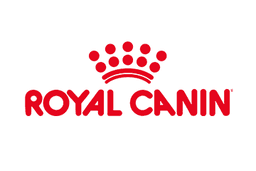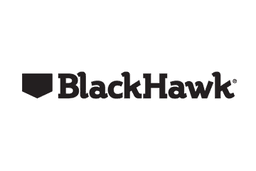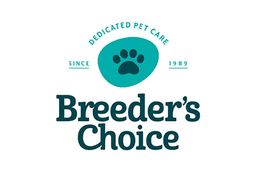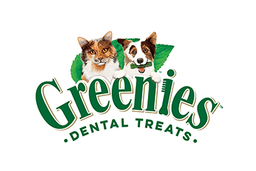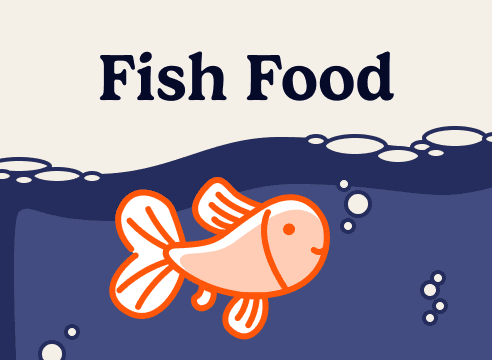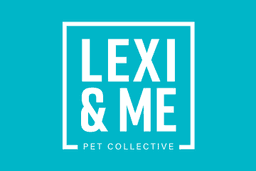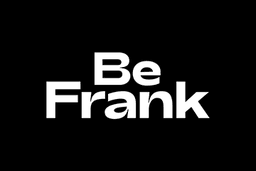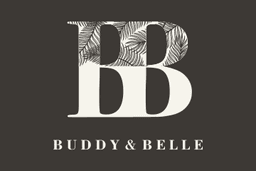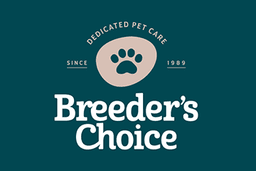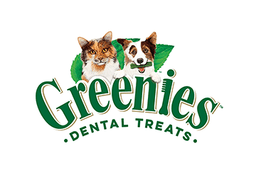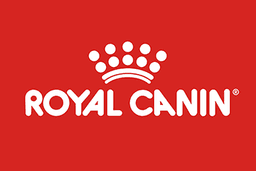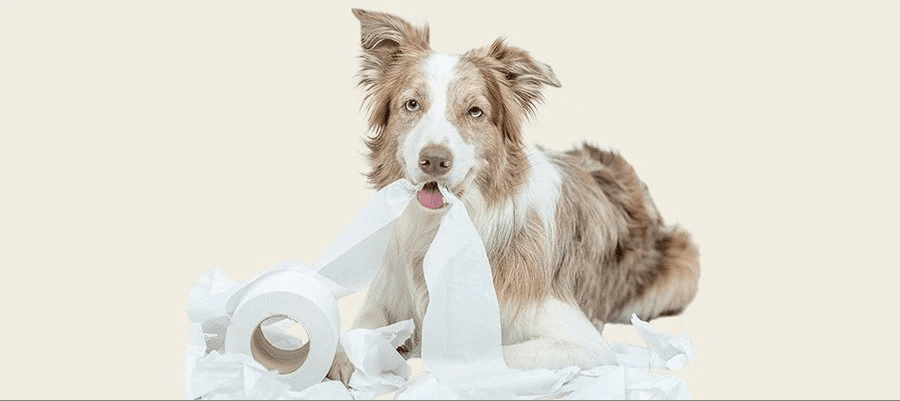“Who’s a good dog? You’re a good dog! Yes you are. Yes yo– HEY! No! Stop that!” Sound familiar? Don’t worry, we’ve all been there.
As cute as they are, puppies can be a lot. And for young pups, the concept of ‘good behaviour’ is a bit far-fetched.
But good news! We’ve got your back. Because with our top tips, you can curb those common behavioural issues with ease.
How to stop your puppy from biting
Call it what you want – biting, nipping, mouthing. Whatever it is, it can bark-ing hurt sometimes!
But they don’t really mean it. Puppies are playful, and a nip to them is like ‘tag’ to us – a fun game you play until someone ruffs and puffs for it to be over.
So if you want to beg for mercy – pushing your puppy away or grabbing at them will only hype them up.
Instead, get your ‘paw-ty pooper’ on and ignore them for 20 seconds or so. And if you want to really seal the deal, let out a good yelp of pain right before you do.
Soon, they’ll stop nipping to see why you stopped playing (*end scene*). That’s when you should reward their calmness with a treat, toy or tummy rub.
Eventually, your pooch will get the memo: Tag = bad.
How to stop your puppy from jumping
No judgement, who doesn’t jump for joy every now and then?
But if your puppy is jumping on everyone to say hello, goodbye, or even, “Hi just reminding you I exist and I love you” – you may need to set some boundaries.
Because by giving your pooch pats and love when they jump on you, you’re only encouraging their bad habit.
Instead, play hard to get. Remain calm, quiet and still as a statue.
Then, as soon as your pup’s got four paws on the floor, break character and shower them with pugs and kisses. No one likes a mal-tease, after all.
How to stop your puppy from barking
Listen, a dog’s gotta bark.
But, if they do it all the time – you’ll want to act. Or risk saying goodbye to your eight-hour sleep schedule.
The best way to do it? Ignore them until they’ve stopped barking, then reward them once they’ve been quiet for 30 seconds or so.
Noticing a pattern yet? Rewarding good behaviour is the best way to train your dog. No matter the situation.
And soon enough, you won’t need to worry about your pooch barking – whether it’s up the wrong tree or not.
How to stop your puppy from digging
Typically, a dog will dig – or display destructive behaviour – for one of the following reasons:
- They’re bored, or have p-oodles of energy
- They’re anxious
- They’re trying to nest or cool off
- They’re trying to hide something
- They’re trying to escape from – or get to – a certain place
- They’re descended from Sherlock Bones and are searching for clues
Whatever it is, you have to find the root of the problem.
So does your pup need more play time? Do they need more training? Do they need extra enrichment? Where’s Dog-tor Watson?
But remember, some dogs just really dig digging – so they might do it instinctively. In this case, we recommend investing in a sandbox so they have a designated ditch.
How to stop your puppy pulling the leash during walks
No one likes being kept on a short leash. Your puppy included.
So when your puppy chews their walking gear, it could well be a sign of rebellion.
But practice makes paw-fect, so let your pooch get used to walking with a loose leash around the house before you take to the streets.
If the leash tightens when you’re out and about, stop walking. Don’t try to get their attention – patience is a virtue.
Eventually, they’ll turn back around to see what the hold-up is. When they stop tugging and stick by your side, be sure to reward them.
Bit by bit, they’ll start to associate being beside you with pats and praise – and they’ll never want to leave!
Your puppy’s training takeaways
Ulti-mutt-ly, if you don’t train you pup early, (from 8–12 weeks old), you’ll end up with a 30kg lapdog who thinks they’re a Chihuahua. (Not that there’s anything wrong with that.)
Not to mention the midlife crises you’ll deal with when your pooch tears your living room to shreds just because they’re bored.
Training your pup from a young age with positive reinforcement is fun for everyone – even you. Because rewarding good behaviour means you can get your Oprah Whine-frey on: ‘You get a treat, and you get a treat, and you get a treat!’
And for your pup? Positive reinforcement means they associate good behaviour with good times – and learn how to keep them rolling.
But if despite your best efforts, your puppy is still crying, chewing, or generally not making progress in their training – it may be time to call in the paw-fessionals. Or at least enrol into puppy school.
Does your furry friend need some motivation to be on their best behaviour? Check out PetPost’s treat collection to get them on board.




